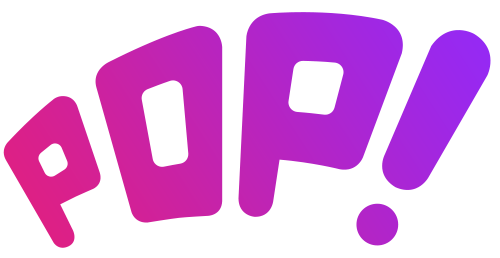Program Quantum In this era of ever-evolving technology, quantum computers have emerged as a promising and revolutionary technology. Compared to classical computers, quantum computers offer the potential to solve complex problems with much higher speed and efficiency. In this article, we will discuss the process of learning to program a quantum computer and exploring its potential.
What is a Quantum Computer?
Quantum computers are devices that use the principles of quantum physics, such as superposition and entanglement, to perform computations. Quantum computers use qubits as basic units of information, which can exist in superpositions and be interrelated through entanglement. In a quantum computer, information can be processed in a different and much more efficient way than in a classical computer.
The Potential and Advantages of Quantum Computers
Quantum computers have tremendous potential in solving problems that are difficult or impossible for today’s classical computers to solve. Examples include simulating complex materials, optimization, big data analysis, and solving quantum equations. The advantage of quantum computers also lies in their ability to perform parallel computations simultaneously, enabling problem solving at much higher speeds.
Learn Fundamentals of Quantum Physics
To program a quantum computer, a basic understanding of quantum physics is key. Learning about principles such as superposition, entanglement, and quantum measurements will help you understand the basics of quantum computing. There are many online resources, books, and courses available to study quantum physics in depth.
Understanding Qubits and Quantum Properties
Qubits are the basic units of information in quantum computers. Understanding the properties of quantum qubits, such as superposition and entanglement, will help you in designing and understanding quantum algorithms. You need to understand how qubits work and how to leverage them to perform efficient and powerful computations.
Quantum Programming Language
There are several quantum programming languages that you can learn to program a quantum computer. Examples include Qiskit, Cirq, and Quantum Development Kit (QDK). Each of these programming languages has different syntax and features, but their goal is to let you program quantum algorithms easily and effectively.
Quantum Development Platform and Tools
There are various quantum development platforms and tools you can use to program a quantum computer. For example, IBM Quantum Experience, Microsoft Quantum Development Kit, and Rigetti Forest. The platform provides a simulation environment and access to real quantum hardware, enabling you to develop and run quantum programs.
Testing and Running Quantum Programs
After you’ve learned the basics of quantum programming and chosen the appropriate programming language and platform, the next step is to test and run your quantum program. Start with simple algorithms and slowly increase in complexity. Keep in mind that the development of quantum algorithms can involve iteration and repeated testing to achieve the desired result.
Application of Quantum Computers in Various Fields
Quantum computers have the potential to transform many fields, including chemistry, finance, optimization, artificial intelligence, and cryptography. In learning to program a quantum computer, it is important to understand how to apply quantum algorithms in the specific context of the field. Smart and effective implementation can bring competitive advantages in the future.
Challenges and Opportunities in Programming Quantum Computers
While quantum computers offer tremendous potential, there are also challenges that need to be faced. Challenges include quantum errors, qubit stability, difficulty programming complex quantum algorithms, and limitations of current technology. However, as research and development continues to advance, opportunities in programming quantum computers continue to grow and are promising.
Conclusion
Learning to program a quantum computer requires a basic understanding of quantum physics, use of the quant programming languagetum, as well as the use of quantum development platforms and tools. By understanding the potential and advantages of quantum computers, as well as the challenges and opportunities that exist, you can prepare yourself to be involved in this revolutionary era of computing.

